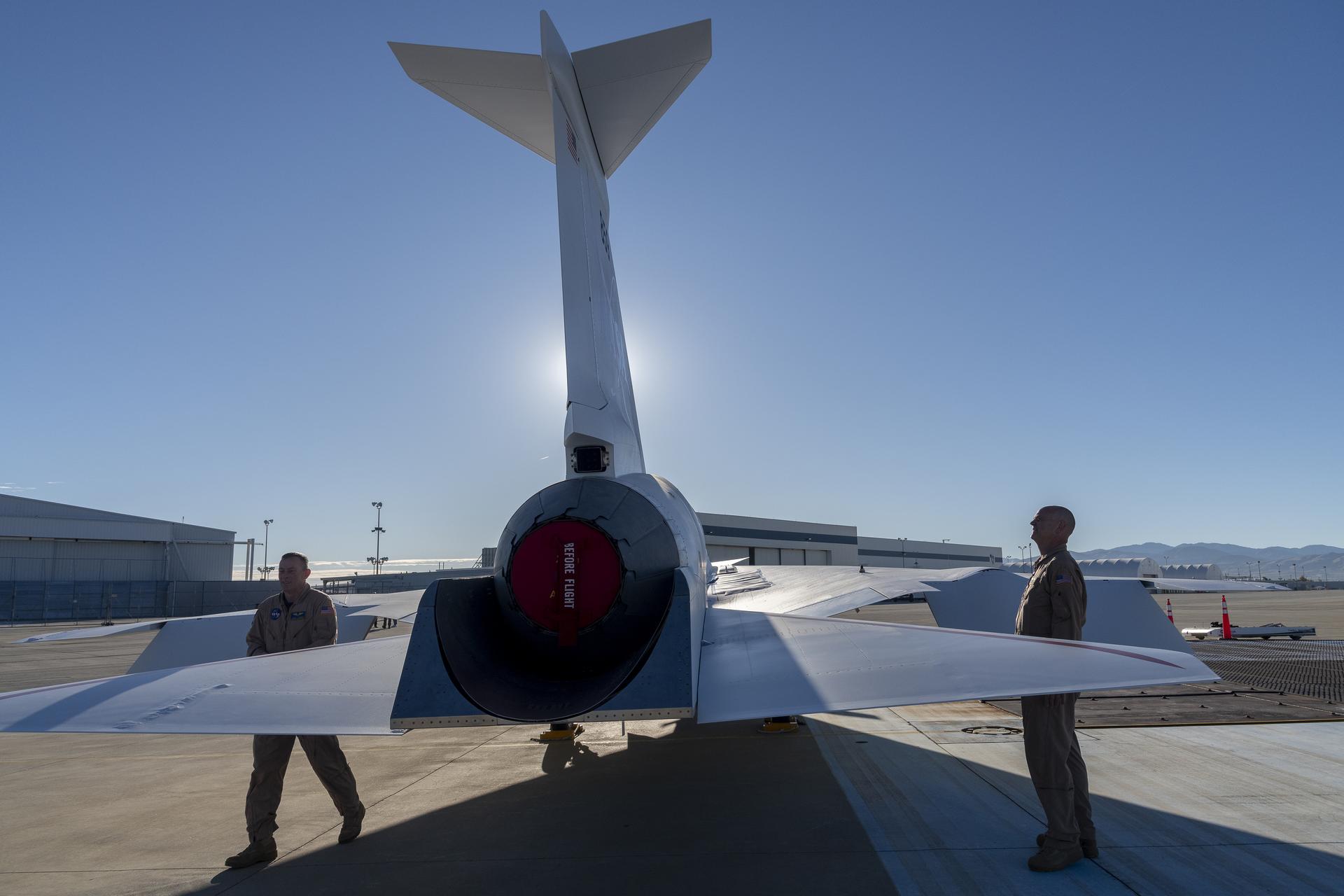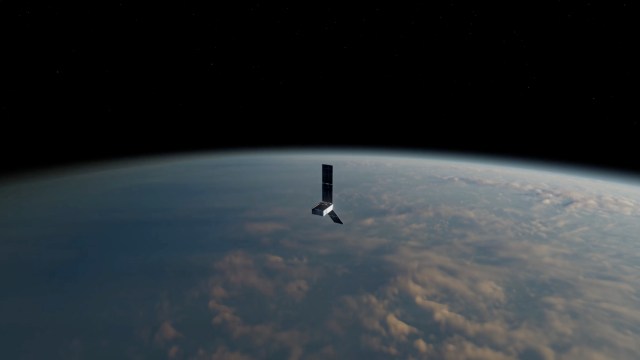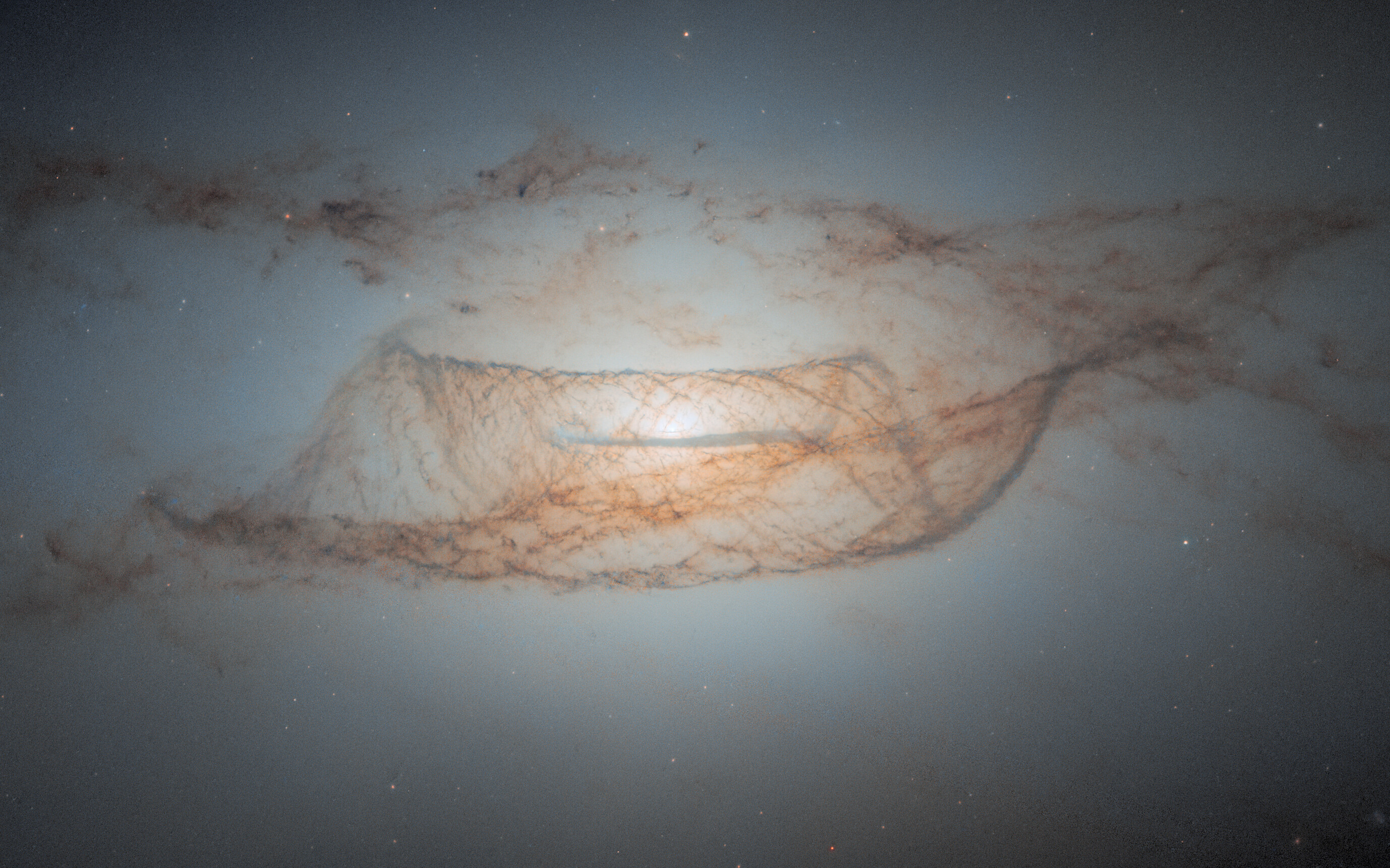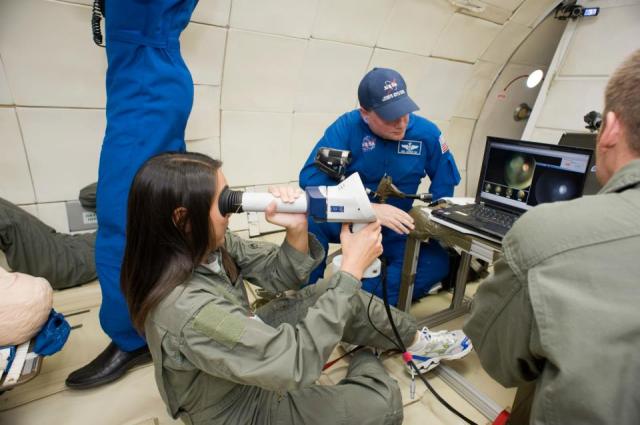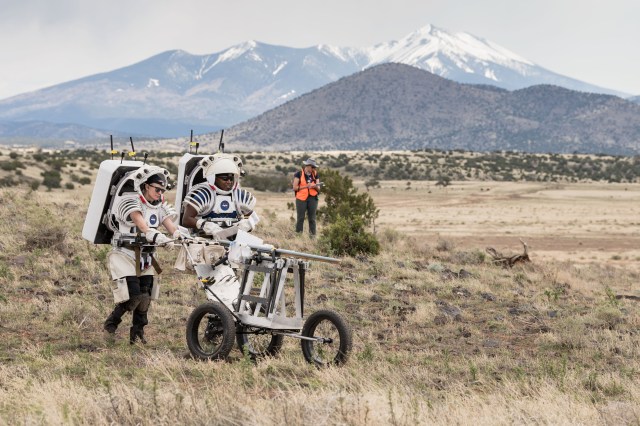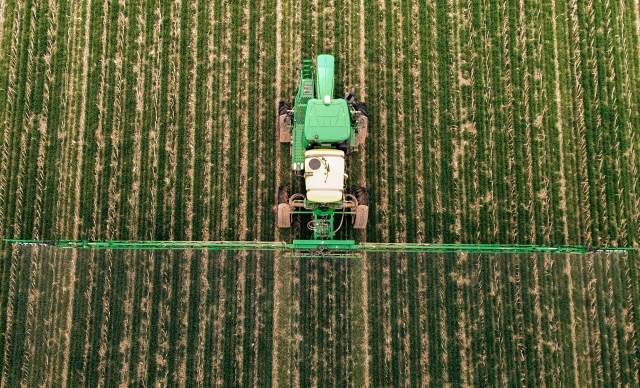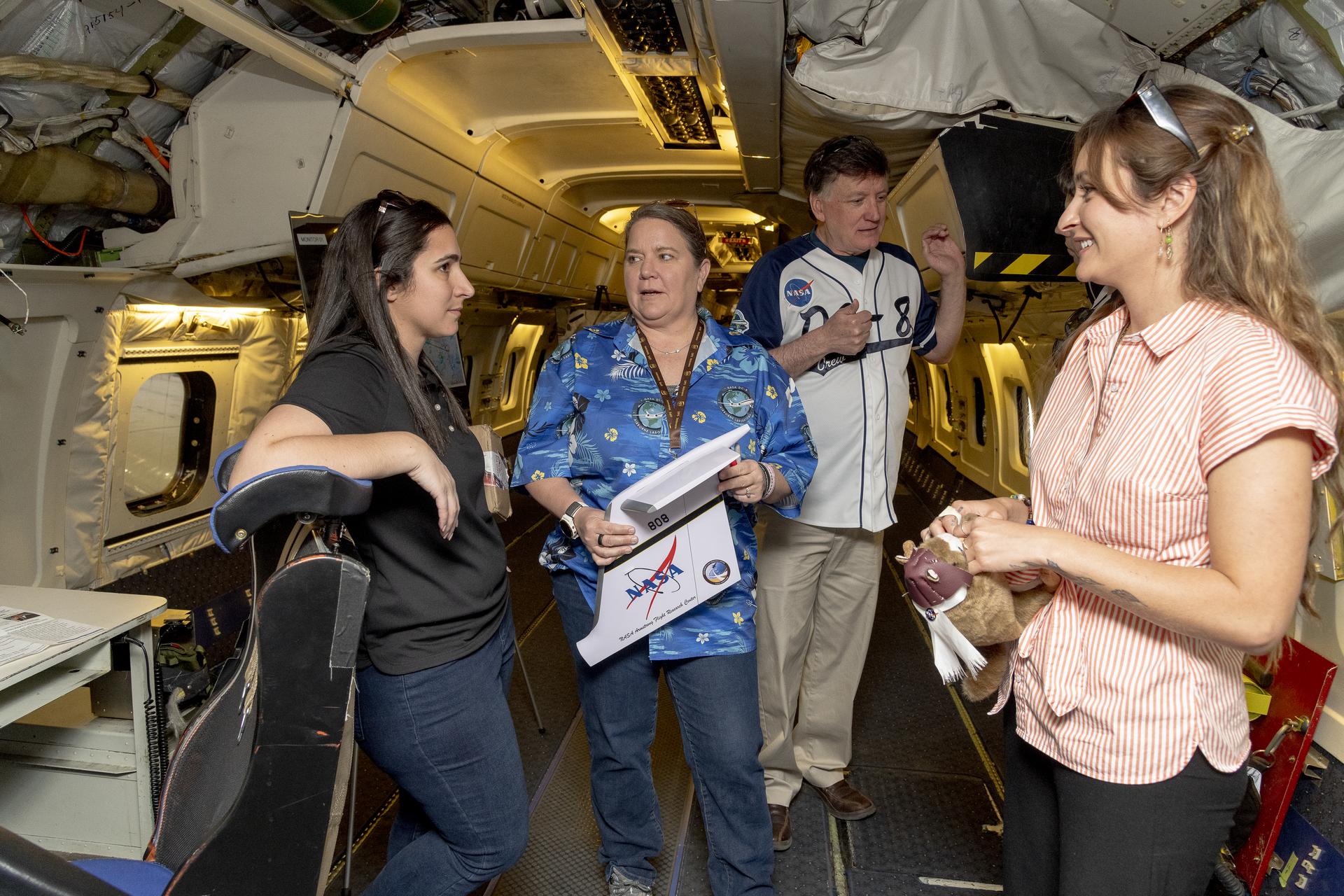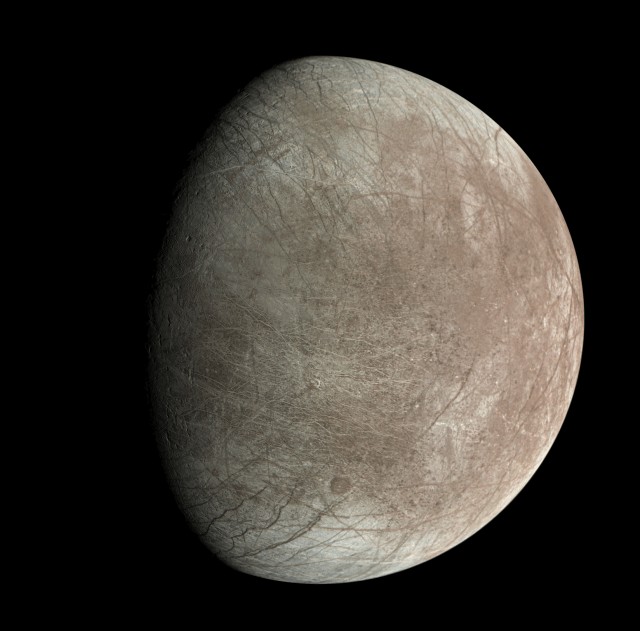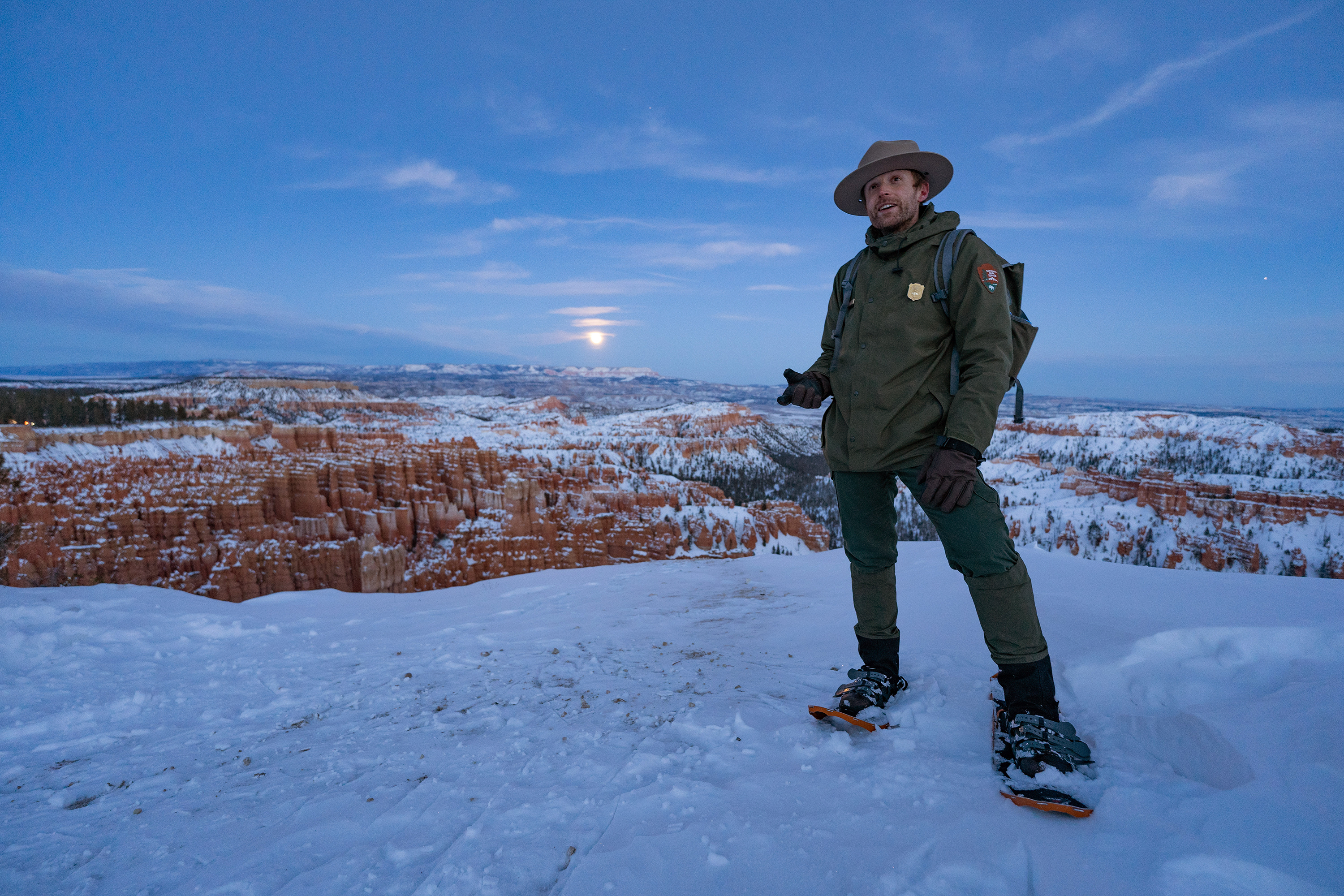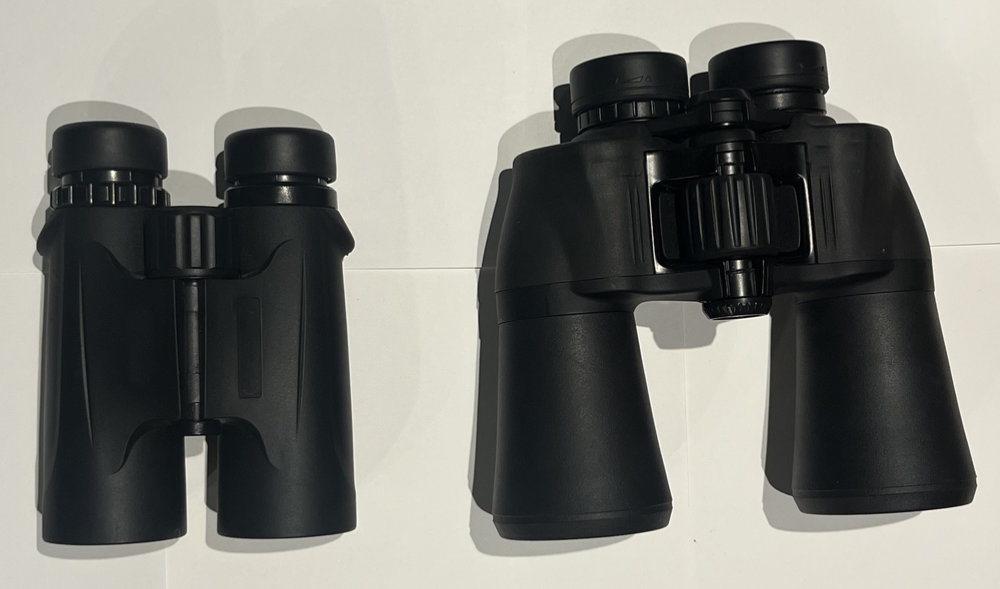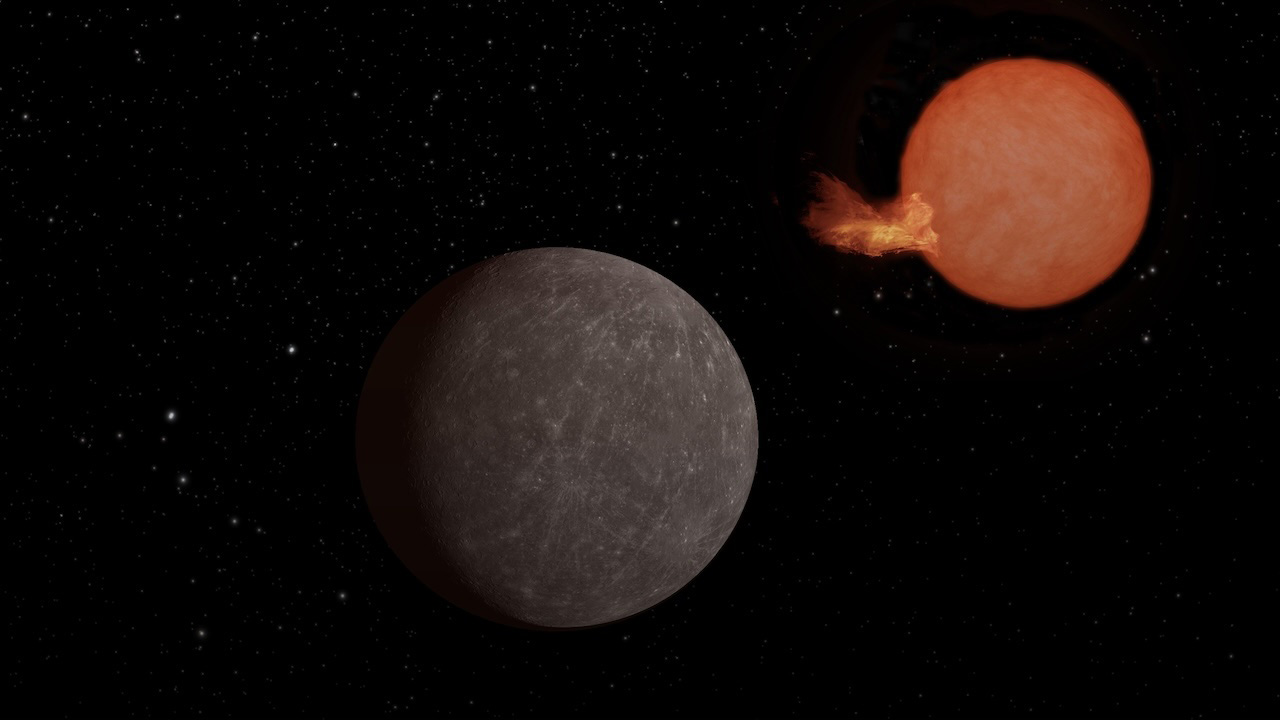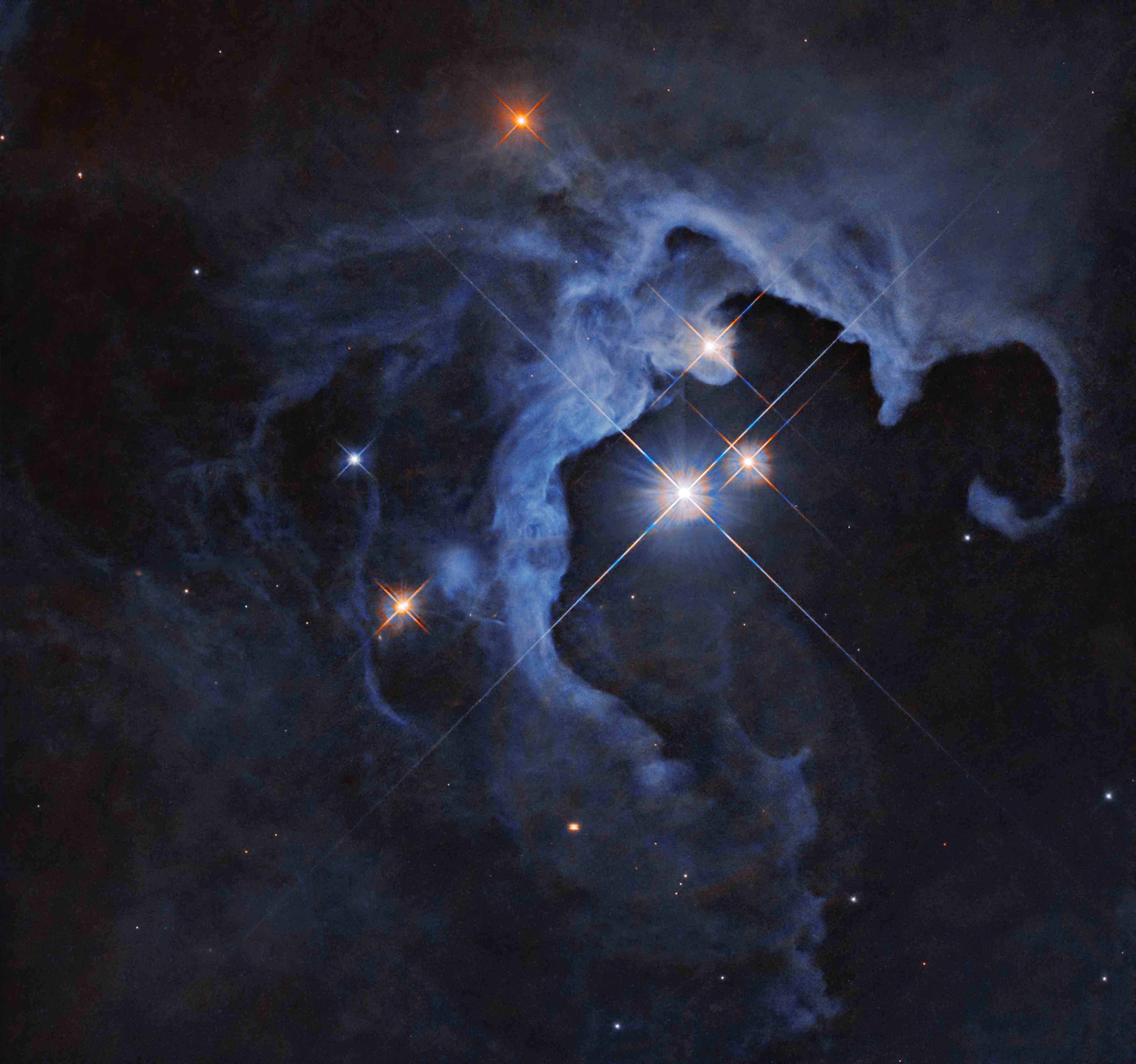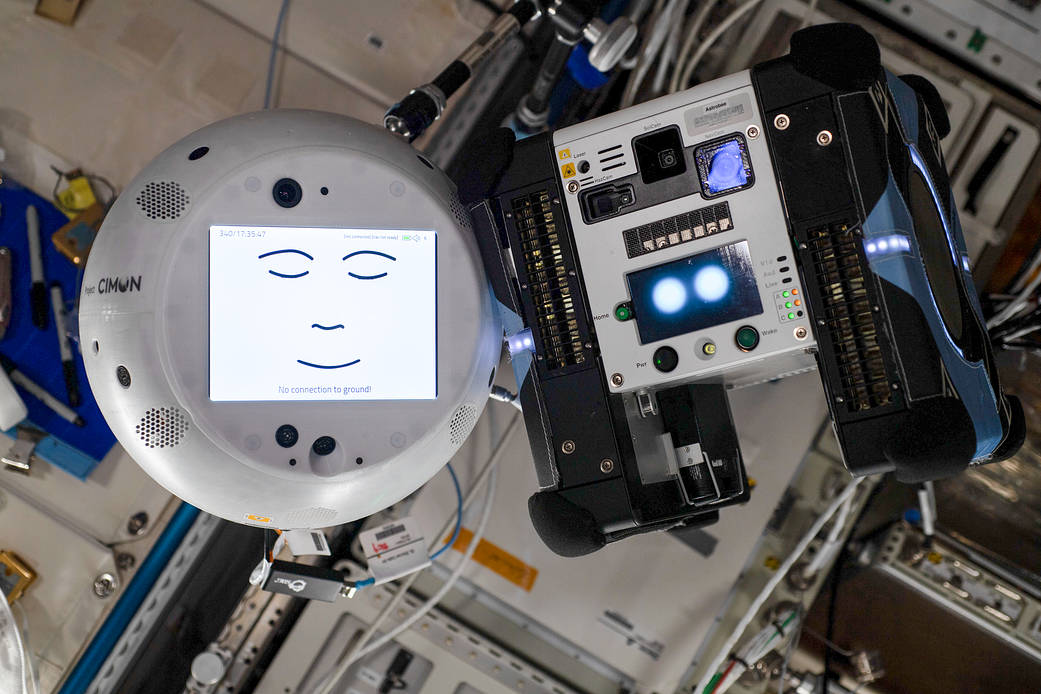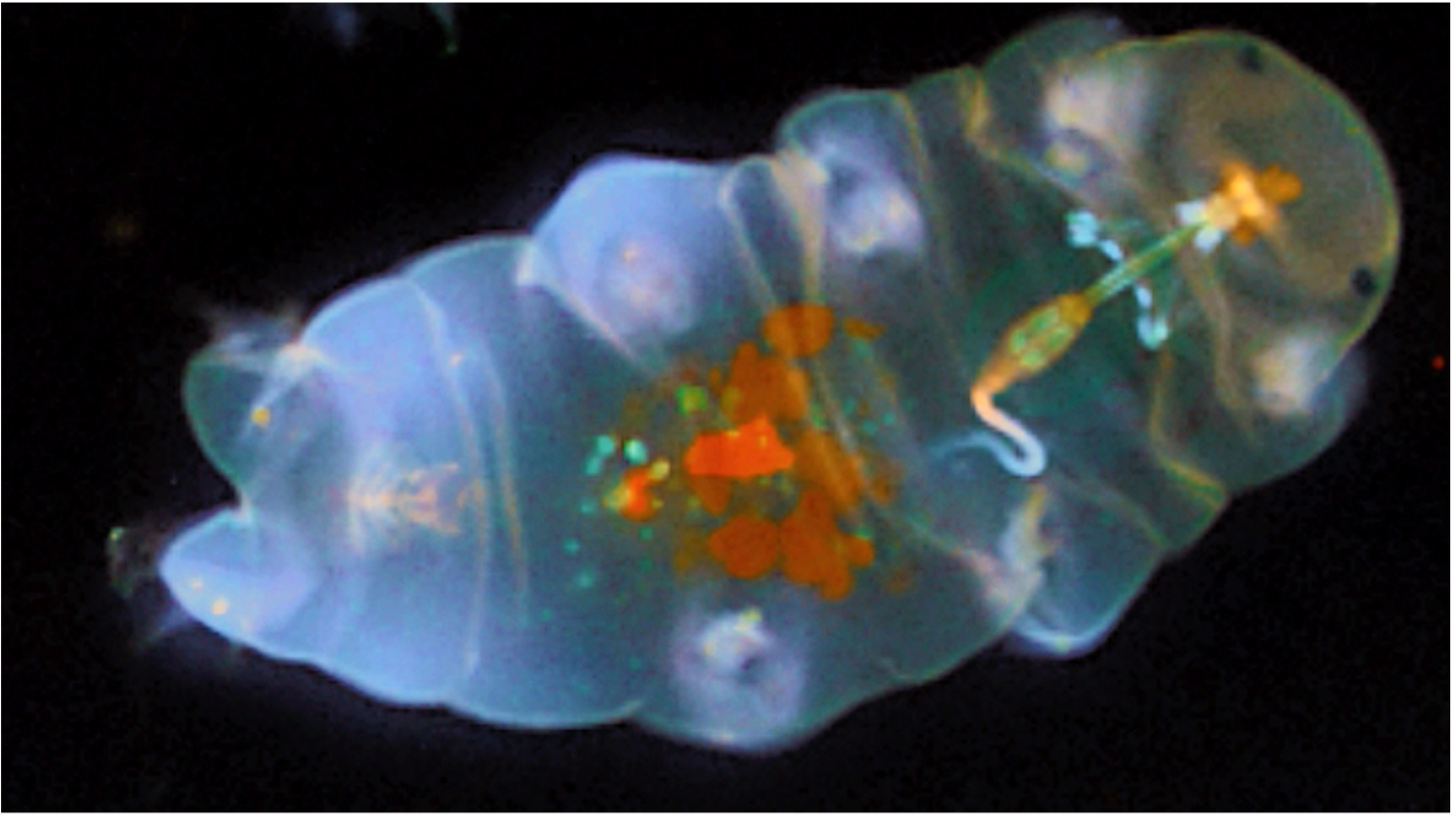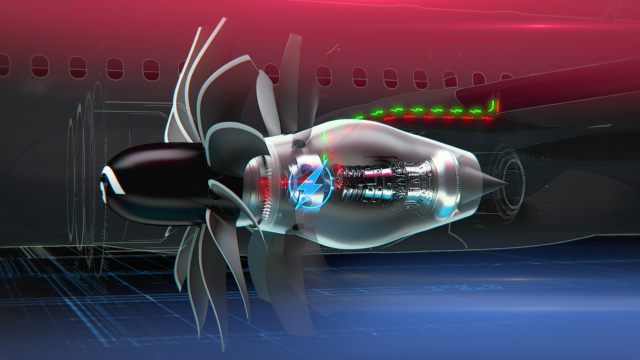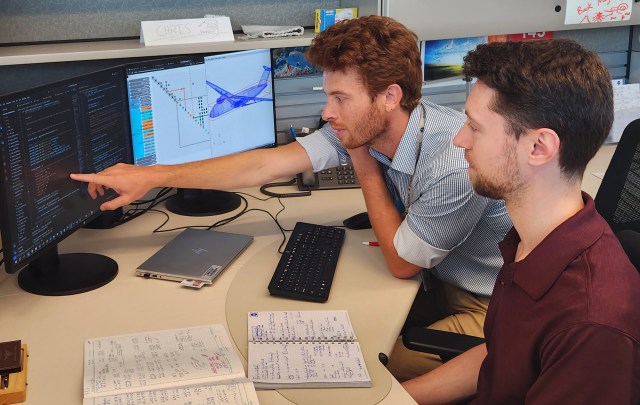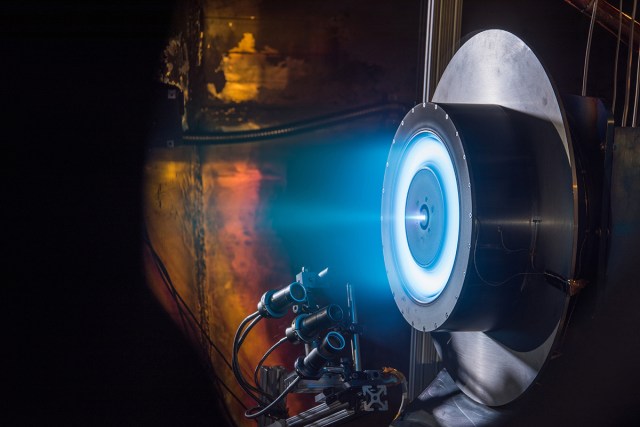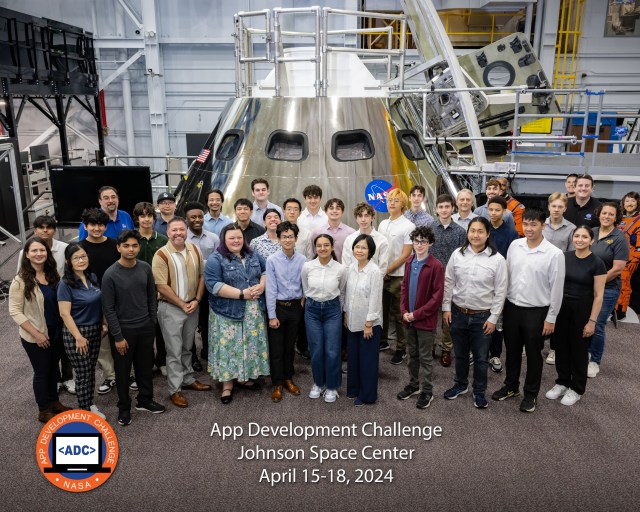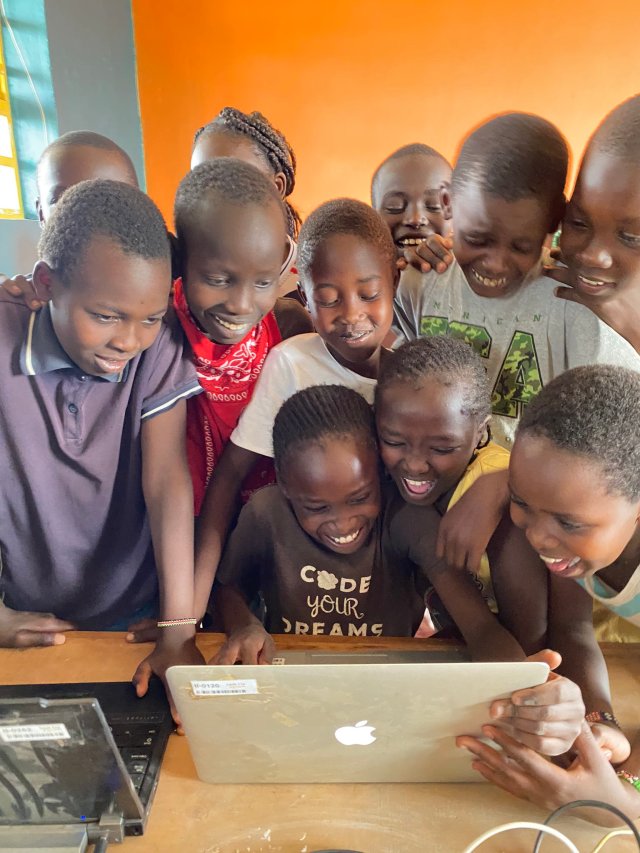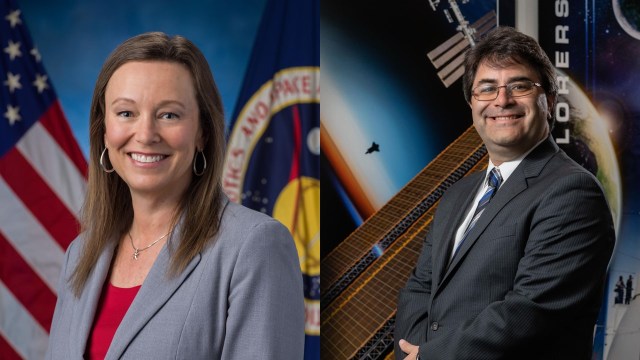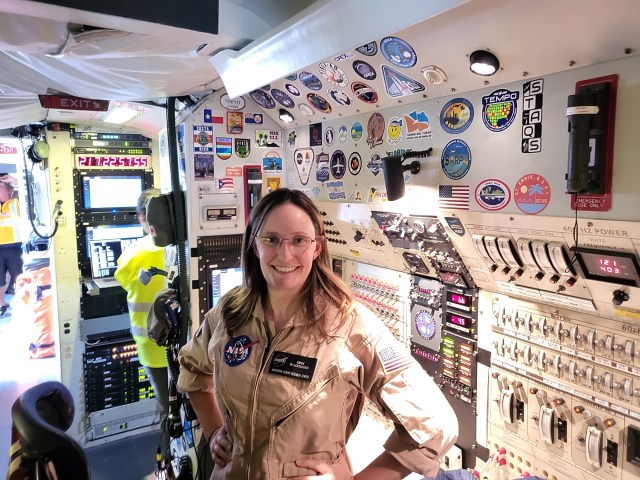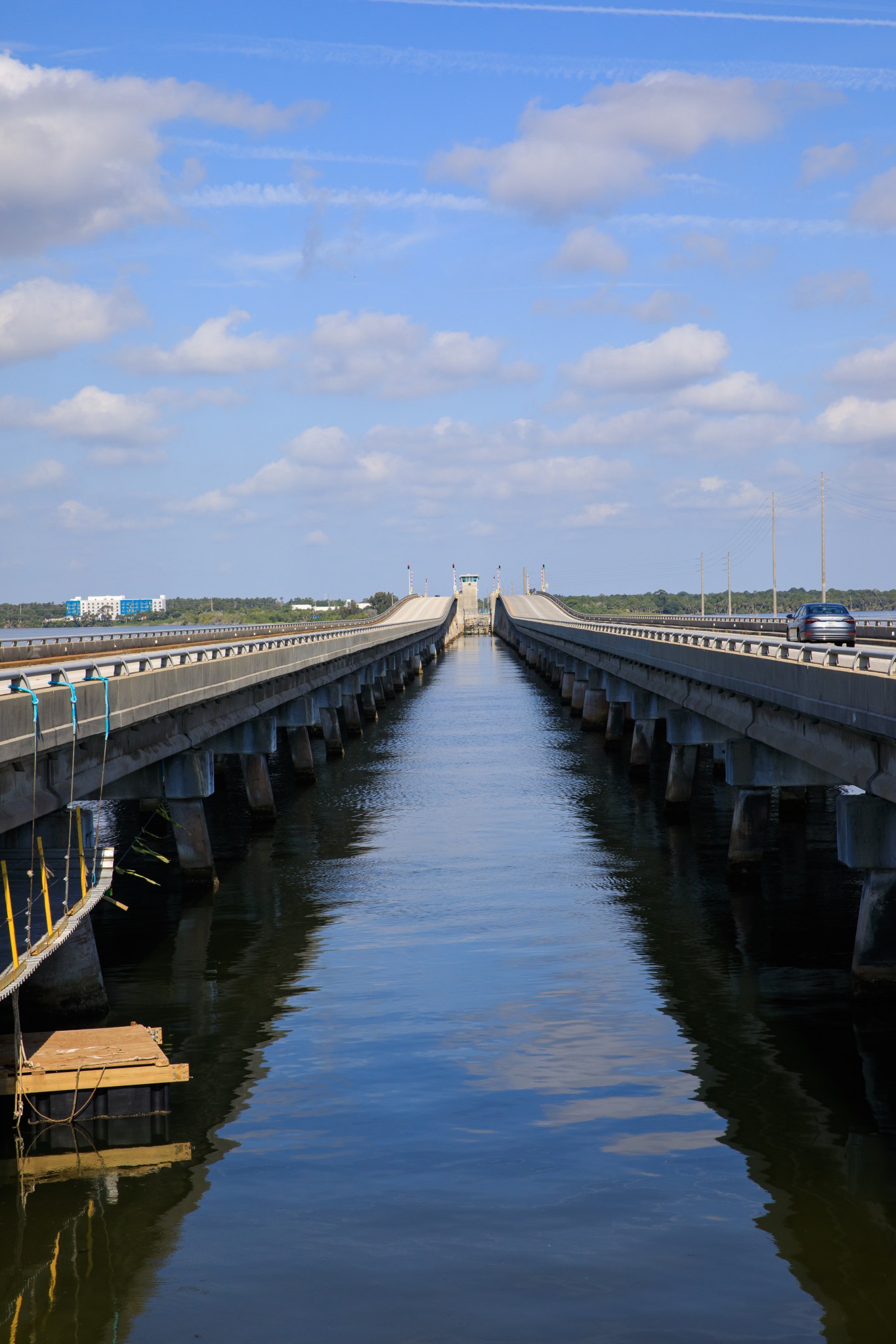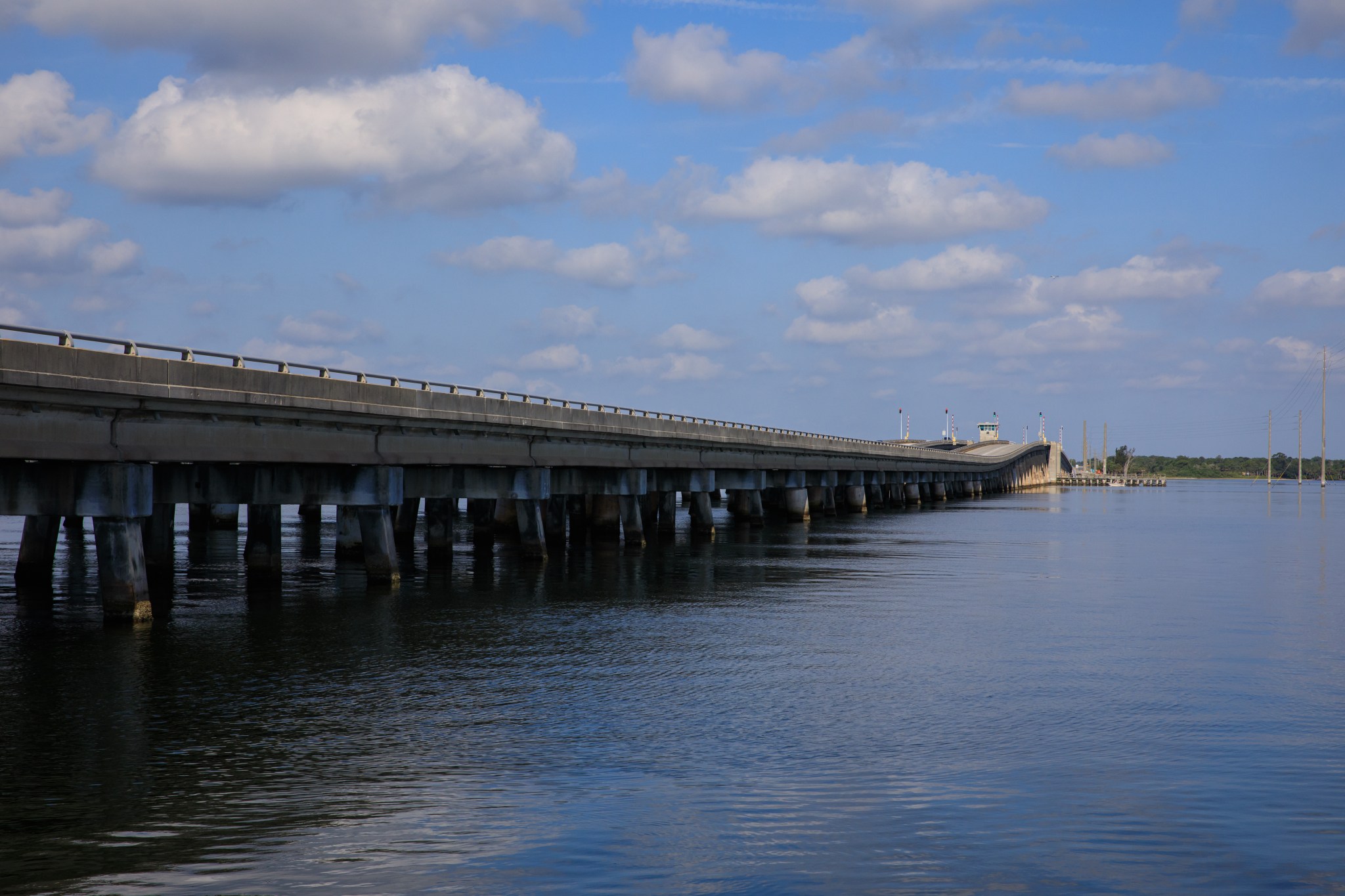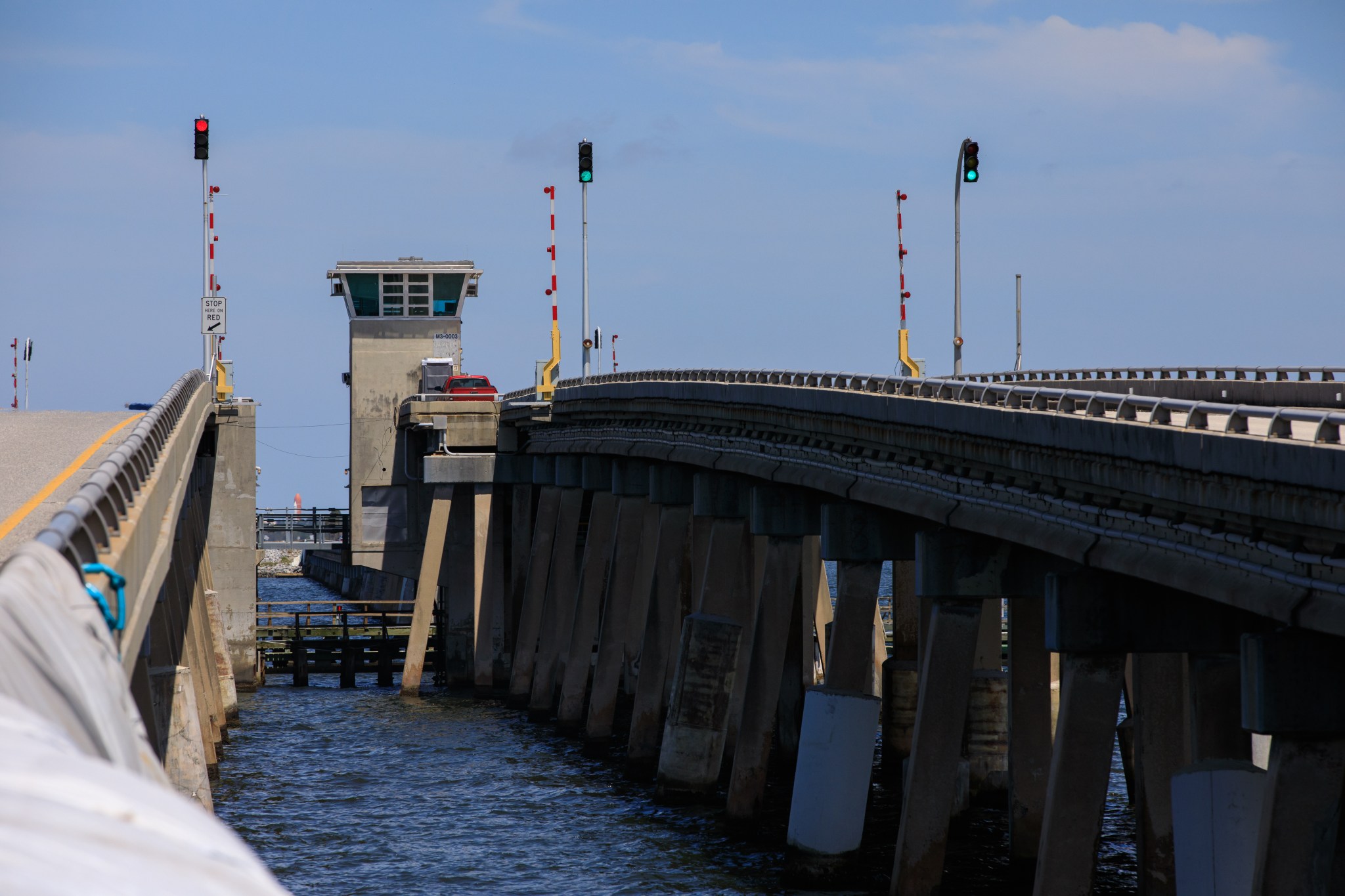
By Jim Cawley
NASA’s Kennedy Space Center
NASA’s Kennedy Space Center continues to diversify as a multi-user spaceport, and Commercial Crew and Artemis missions are only some of the extensive activities taking place on Florida’s Space Coast. As operations increase, so does traffic and the need for a new bridge across the Indian River.
Before the Indian River Bridge can be replaced, workers must relocate critical utility lines. Managed by NASA’s Engineering Directorate at Kennedy, this project includes running new lines while safeguarding the existing electrical cables and piping throughout the construction period.
Workers recently drilled 75 feet below the Indian River from one bank to the other, boring nearly a mile of piping through the riverbed and causeway.
“We are on track to complete all required utilities work ahead of Florida Department of Transportation (FDOT) construction beginning in late 2021,” said Justin Ausanka, Engineering’s senior project manager, Experimental Facilities Development at Kennedy. “This relocation work will last throughout the summer and into the fall as our team continues to identify and address the critical repairs necessary to keep the bridge operating at its current weight and speed ratings until demolition, likely in 2023-2024.”
Maintaining full traffic flow and utility services is crucial to support the large number of launches and processing activities at Kennedy and Cape Canaveral Space Force Station, and to enable operations by commercial partners such as Blue Origin, Boeing, SpaceX, and United Launch Alliance.
Throughout the project, NASA engineers will provide design and construction management, lead design engineering, and project management oversight.
“Engineering also is leveraging the extensive expertise of our Spaceport Integration and Services directorate to provide supervision, inspection, and engineering services during the construction project,” Ausanka said. “Along with Center Planning and Development, all three directorates play a critical role in ensuring that projects are not only designed correctly, but also perform to expectations and meet our end user/customers’ needs.”
The construction was made possible by a $90M Infrastructure for Rebuilding America (INFRA) grant, which was awarded thanks to an extensive effort by NASA, the State of Florida – through FDOT and Space Florida – and industry partners, as well as other local, state, and federal government agencies.
“NASA agreed to support the federal INFRA grant between the U.S. Department of Transportation and the State of Florida on Jan. 27,” said Jael Lamothe, partnership development manager in Kennedy’s Center Planning and Development organization. “The relocation of the utilities is one of the commitments NASA made as part of this grant partnership.”
NASA and the State of Florida will provide additional funding as part of the agreement. In all, NASA will fund at least $26M for the bridge and associated tasks between now and 2024, including ongoing operations, maintenance, and repairs of the existing drawbridge and causeway approaches.
The Indian River Bridge, also known as the NASA Causeway Bridge, is a public access right of way located on federal property. Its four lanes connect Titusville to Kennedy, supporting the spaceport, the neighboring Space Force Station, and several partners located outside the spaceport gates. Built in 1964, the bridge also serves the general population of north Merritt Island as well as tourists and those traveling through the area.
Over the past decade, NASA and key stakeholders studied the condition of the bridge to inform the planning effort. From 2018 through early 2021, NASA partnered with FDOT, through the Federal Highway Administration, which led to the completion of the new design for twin high-span causeways – with no drawbridges – to replace the existing structure.
Anyone who has traveled the bridge in recent months has experienced delays or increased traffic associated with the ongoing projects. Ausanka said his team is working hard to minimize traffic disruptions.
“There will be some inherent minor inconveniences – lane shifts, ‘zipper-merges,’ flagmen, and lots of orange cones – that may offer occasional unexpected changes during your commute,” Ausanka said. “But we are doing our best to avoid any surprises during rush hours in the morning and afternoon.”
Ultimately, these inconveniences will give way to a new structure equipped to better serve all travelers to this unique area on the Space Coast.
“The new Indian River Bridge will provide a vital conduit from Kennedy Space Center to and from the surrounding community,” said Kennedy Engineering Deputy Director Scott Colloredo. “People, space-bound payloads, and commodities that supply the center depend on a reliable means to cross the Indian River, and the new bridge will do that.”


